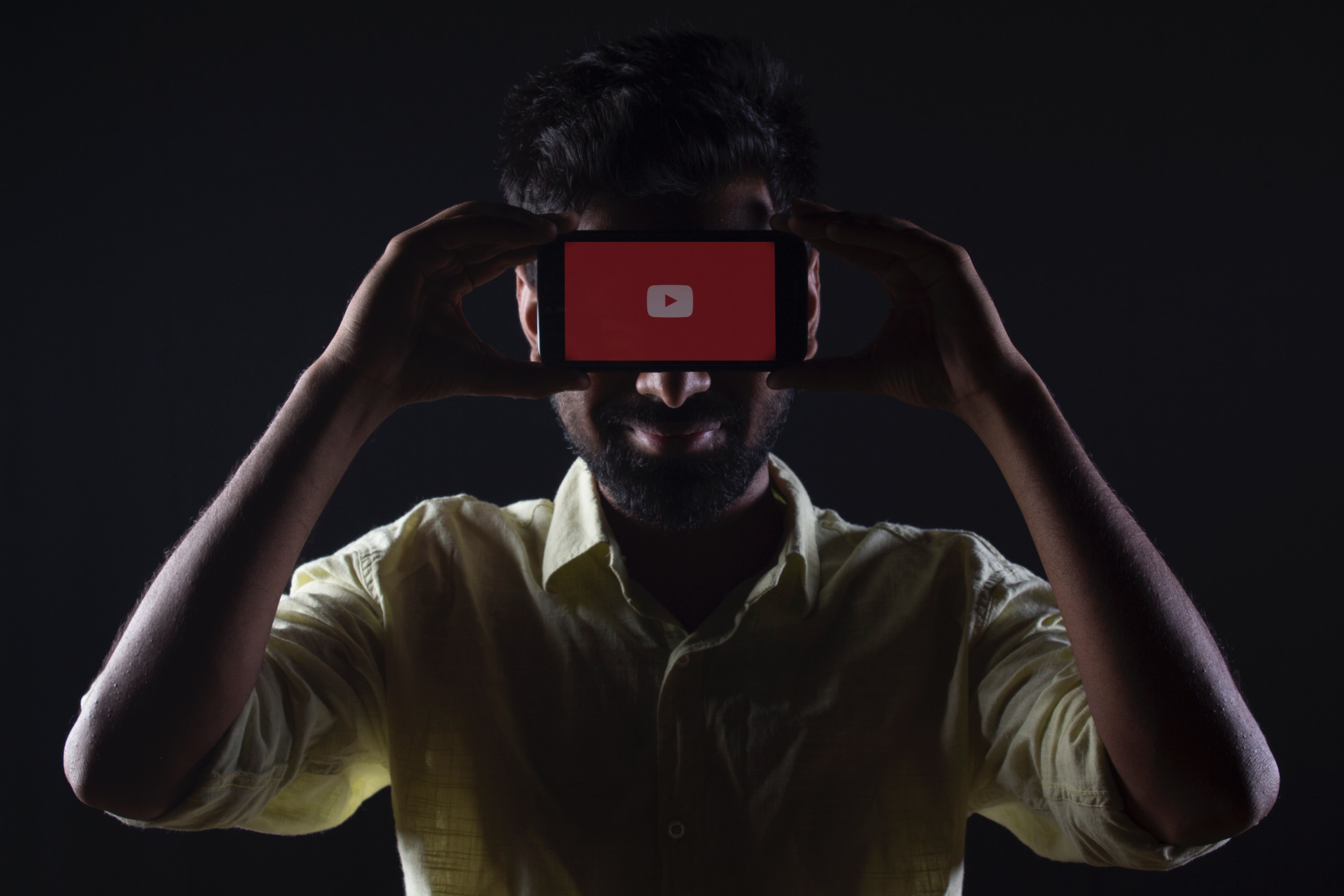Fame and fortune, or fun? What truly motivates live streaming and video sharing activities?
Live streaming and broadcasting video content online have become popular social activities and this phenomenon has birthed numerous online celebrities and influencers such as Ninja, PewDiePie and Jenna Marbles to name a few. Social media platforms such as YouTube and Twitch have grown exponentially during the last decade with Twitch reportedly attracting an average of 3.3 million broadcasters each month [1], most of whom are private individuals. But what drives people to generate video content and broadcast it online on platforms such as YouTube and Twitch? Is the lure of fame and fortune becoming a prime motivator in this type of social media content creation, or are we still looking to just have a good time?
This article examines the motivations of video content creators based on data gathered from 377 video content creators, who generate and share video content through different social media outlets. The data was collected through an online survey and mainly focused on content creators in the US and in Europe.
The study found that, although the lure of fame and fortune is visible as a motivator behind these activities, especially the initial involvement in the activity itself, the continuity of video content creation requires further involvement of motivators such as social interaction, enjoyment and fun.
To read more about this topic, please find the full article here: https://www.emerald.com/insight/content/doi/10.1108/INTR-06-2018-0270/full/html
Fame and fortune, or just fun? A study on why people create content on video platforms
Maria Törhönen
Max Sjöblom
Lobna Hassan
Juho Hamari
Citation: Törhönen, M., Hassan, L., Sjöblom, M., & Hamari, J. (2019, January).Fame and fortune, or just fun? A study on why people create content on video platforms, Internet Research ISSN: 1066-2243
Please see the paper for full details:
Journal
ResearchGate
Abstract
The purpose of this paper is to examine the motivations behind online video content creation on services such as YouTube and Twitch. These activities, performed by private individuals online, have become increasingly monetized and professionalised through the accessible tools provided by video sharing services, which has presented a noteworthy manifestation of the increasing merger of the work and leisure within digital environments and the emergence of a hybrid form of work and play, playbour.
Design/methodology/approach
The data for the study were collected using an online survey of 377 video content creators and it was analysed via structural equation modelling.
Findings
The findings of the study indicate that although the practice of video content creation is becoming more commercialised and professionalised, the extrinsic motivations, often associated with work (e.g. income, prestige), remain less significant drivers for content creation than intrinsic motivations (e.g. enjoyment, socialisation), which are associated with leisure activities.
Originality/value
This study offers insight into how the authors have begun to reorganise the position in the new digital labour culture, where monotonous tasks are increasingly automated, allowing room for intrinsically driven playful labour to develop within the leisure activities.
References:
[1] Twitch Tracker, 2019 “TWITCH STATISTICS & CHARTS” Retrieved from: https://twitchtracker.com/statistics





Sorry, the comment form is closed at this time.